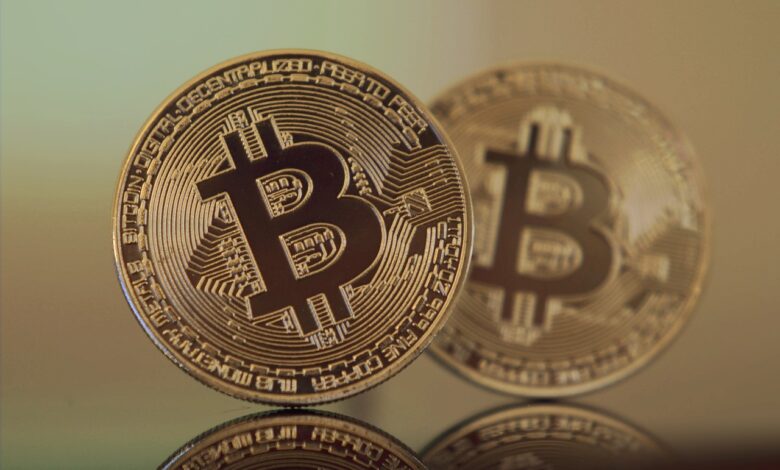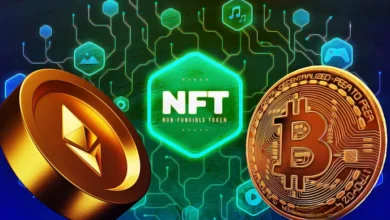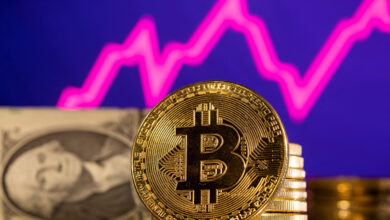Overview of El Salvador’s Bitcoin Integration and IMF Negotiations

Since 2021, El Salvador has been in the spotlight for its daring move in the economic world, it made Bitcoin a part of its financial system. President Nayib Bukele led this effort, aiming to use the top cryptocurrency to help people who don’t have bank access and give the economy a boost.
The IMF’s Response
The International Monetary Fund (IMF), which works to keep money matters stable worldwide, isn’t thrilled about El Salvador’s choice to embrace Bitcoin. They’re worried that Bitcoin’s unpredictable nature could cause financial trouble, so they’ve butted heads with El Salvador on its love for crypto.
Impact on Credit Negotiations
Bitcoin dealings in El Salvador have thrown a wrench into talks about money with other countries and organisations. The country’s creditworthiness is now under extra scrutiny because of its unusual step into cryptocurrency.
El Salvador’s Difficulties with the IMF
The country of El Salvador is struggling to secure a vital $1.4 billion loan from the International Monetary Fund (IMF). This money is critical for El Salvador’s ability to pay off its debt and handle its financial responsibilities. Yet, the IMF insists that before it hands over any funds, El Salvador must make major changes to its Bitcoin policies. This has caused talks to grind to a halt.
El Salvador Holds Fast on Bitcoin
Despite stern warnings from the IMF, President Bukele and his team are firm on their Bitcoin agenda. They keep buying more Bitcoins and have come up with some clever financial plans as well. For example, they’re selling ‘Volcano Bonds’, which are aimed at raising money for mining Bitcoin using geothermal energy from volcanoes. These bonds are part of a larger scheme by the government to use the ups and downs of Bitcoin’s value to strengthen the nation’s finances.
Recent Developments
After winning reelection in February, President Bukele remains committed to his economic policies. His government has declared they’ll start buying one Bitcoin daily, despite the ups and downs of the market. They’re really sticking with their plan to weave Bitcoin into El Salvador’s economy.
Hurdles and Prospects
However, El Salvador’s Bitcoin project faces some tough obstacles. The wild swings in Bitcoin value could put a dent in the national economy if things aren’t handled well. Plus, with all eyes watching globally and the constant back and forth with the IMF, there might be trouble ahead for the country’s financial health.
Gains from Embracing Bitcoin
All that said, El Salvador could hit a home run by embracing cryptocurrency. The nation wants to take advantage of blockchain technology to make things clearer, cut down on what people pay for sending money around, and speed up money transfers.
Money sent home by Salvadorans living in other countries is really important. Also, the rise in Bitcoin prices has helped a lot, as seen by how much money the government has made from its Bitcoin investments.
Global Implications and Future Prospects
El Salvador’s disagreement with the IMF is part of a bigger fight between old school finance and new digital money. This shows important issues like a country’s right to control its own finances, how digital currencies fit into worldwide economics, and the troubles that come with financial systems that don’t have one central power in charge.
Looking Ahead
As El Salvador starts talking to the IMF again, everyone who cares about money all over the world will be paying close attention. What happens next could change how people think about digital money everywhere. It might even set an example for other countries thinking about trying out new ways to boost their economies.
Conclusion
The move by El Salvador into Bitcoin is actually pretty bold. Using legal tender is a trial run to see if cryptocurrencies can change the usual way money and the economy work all over the world. This road ahead is filled with problems, but also could bring big benefits, for both El Salvador and everyone else’s economy. As this plays out, it’s going to be an important lesson for those in charge of making policies and financial decisions worldwide.





